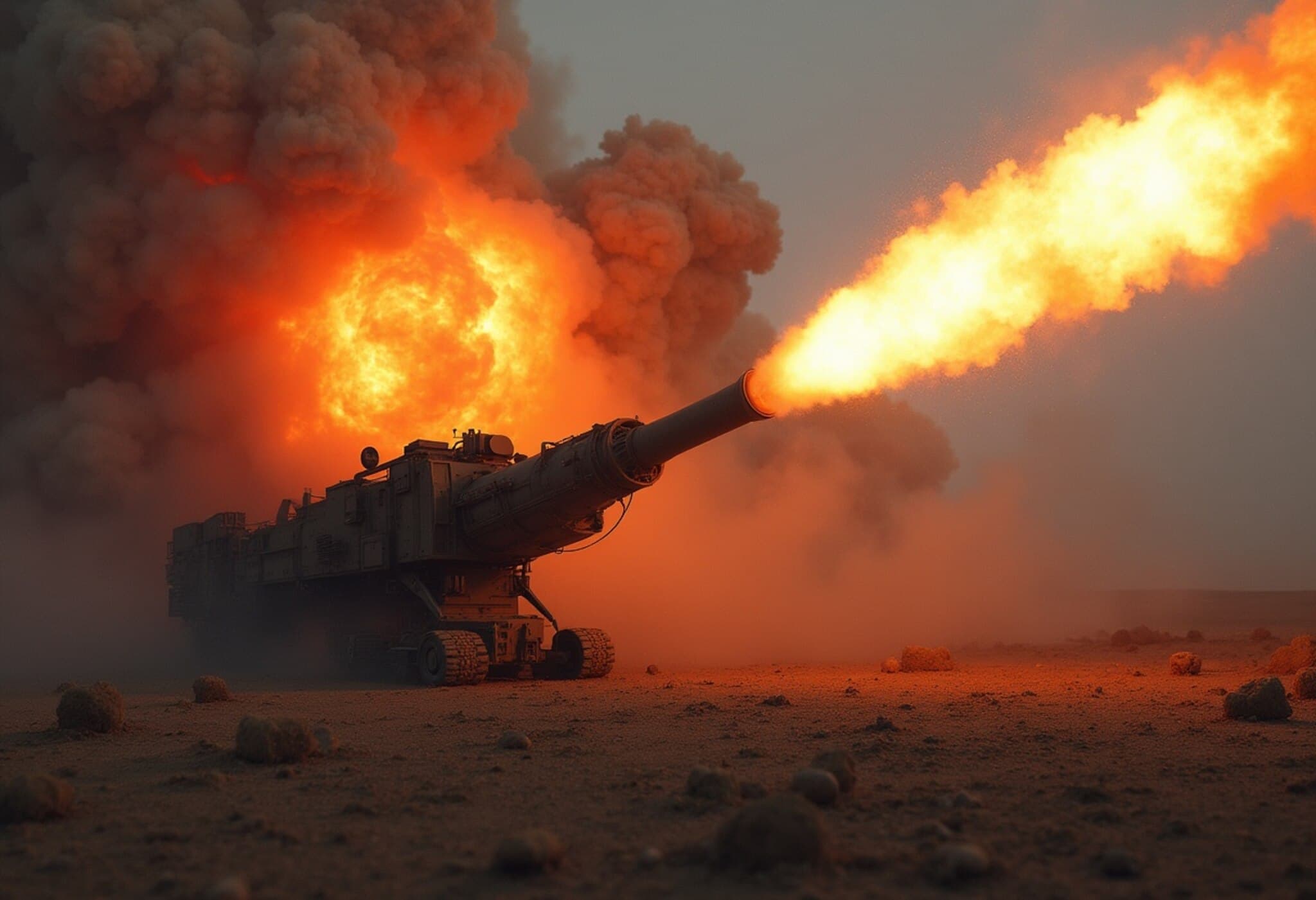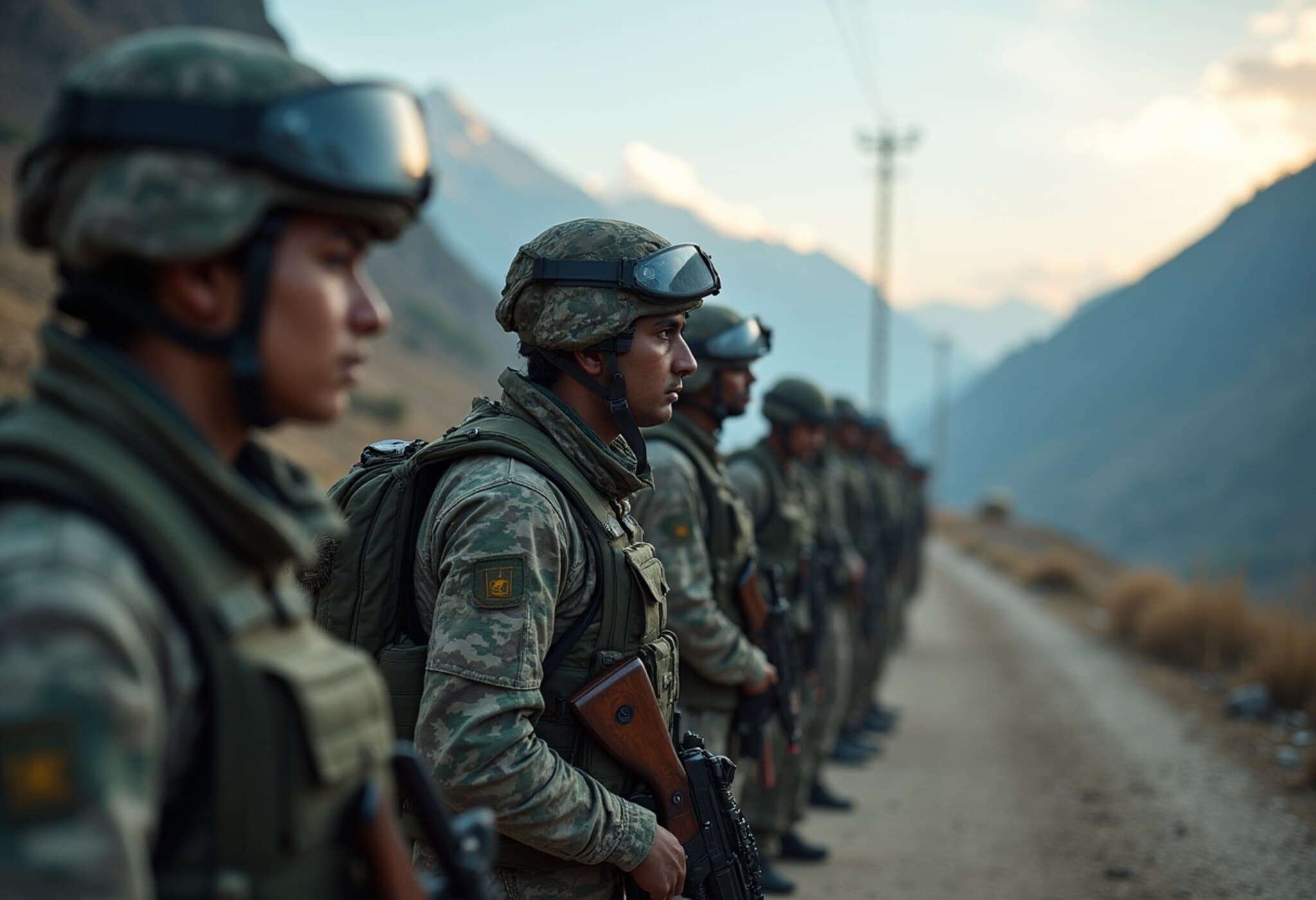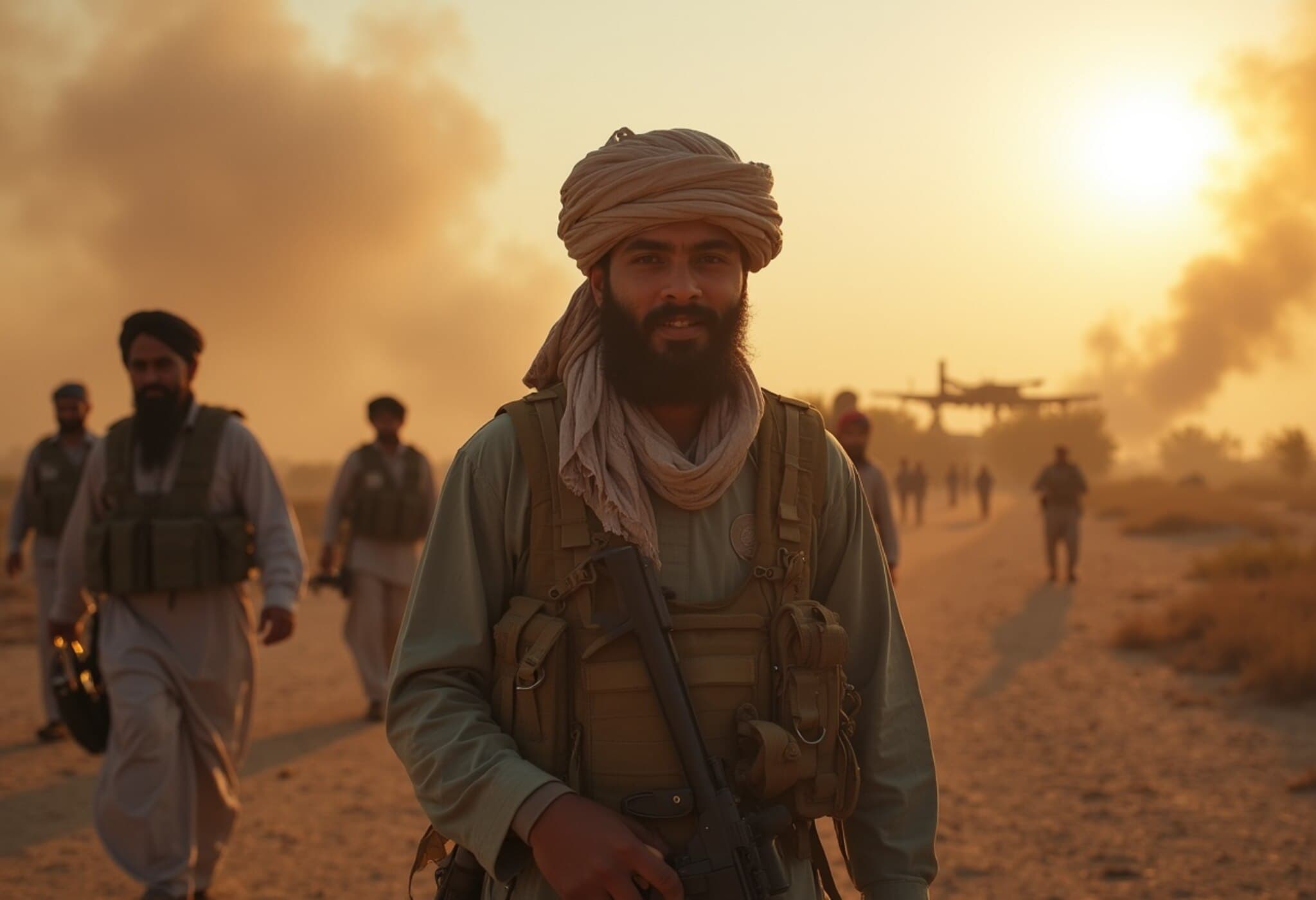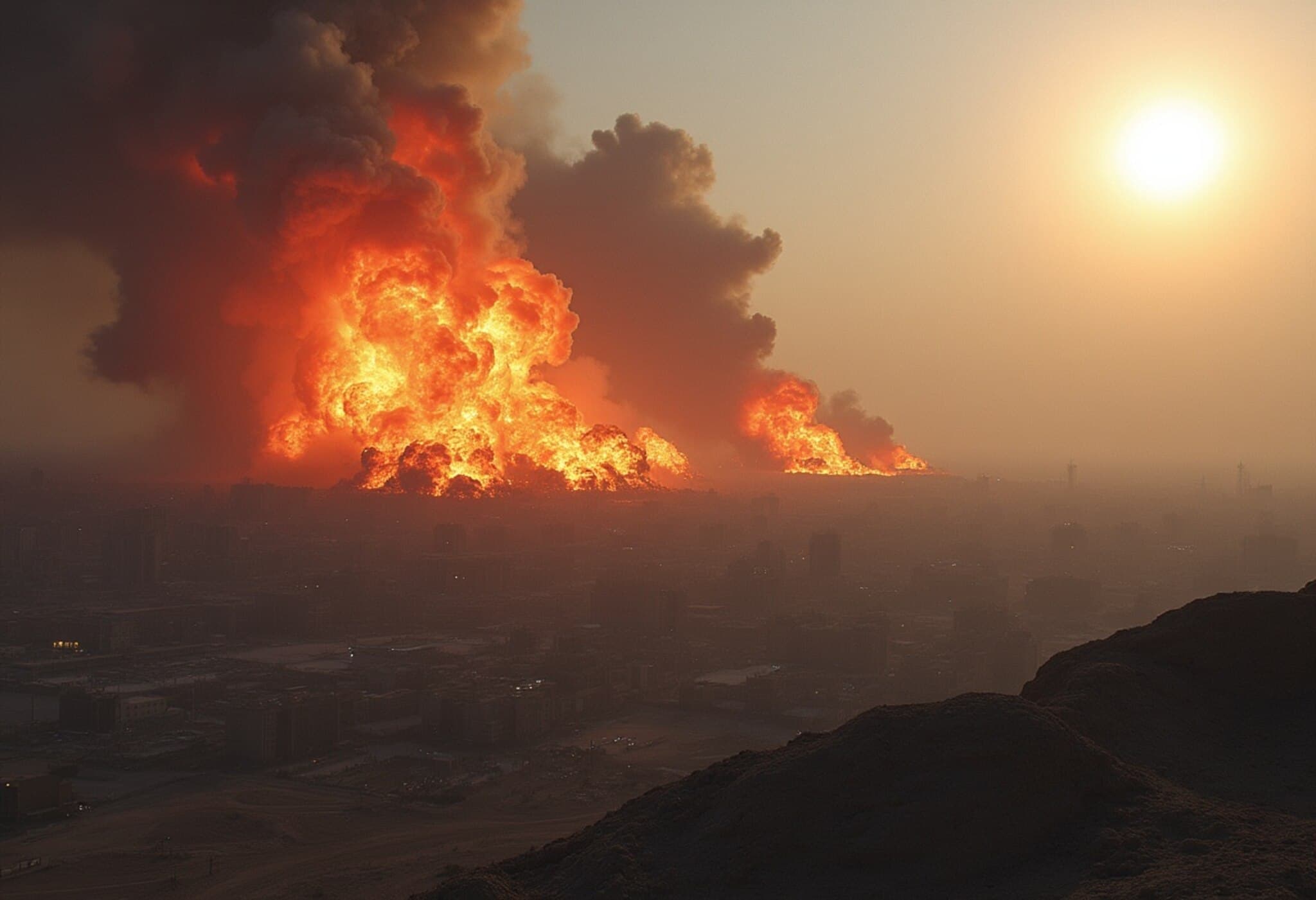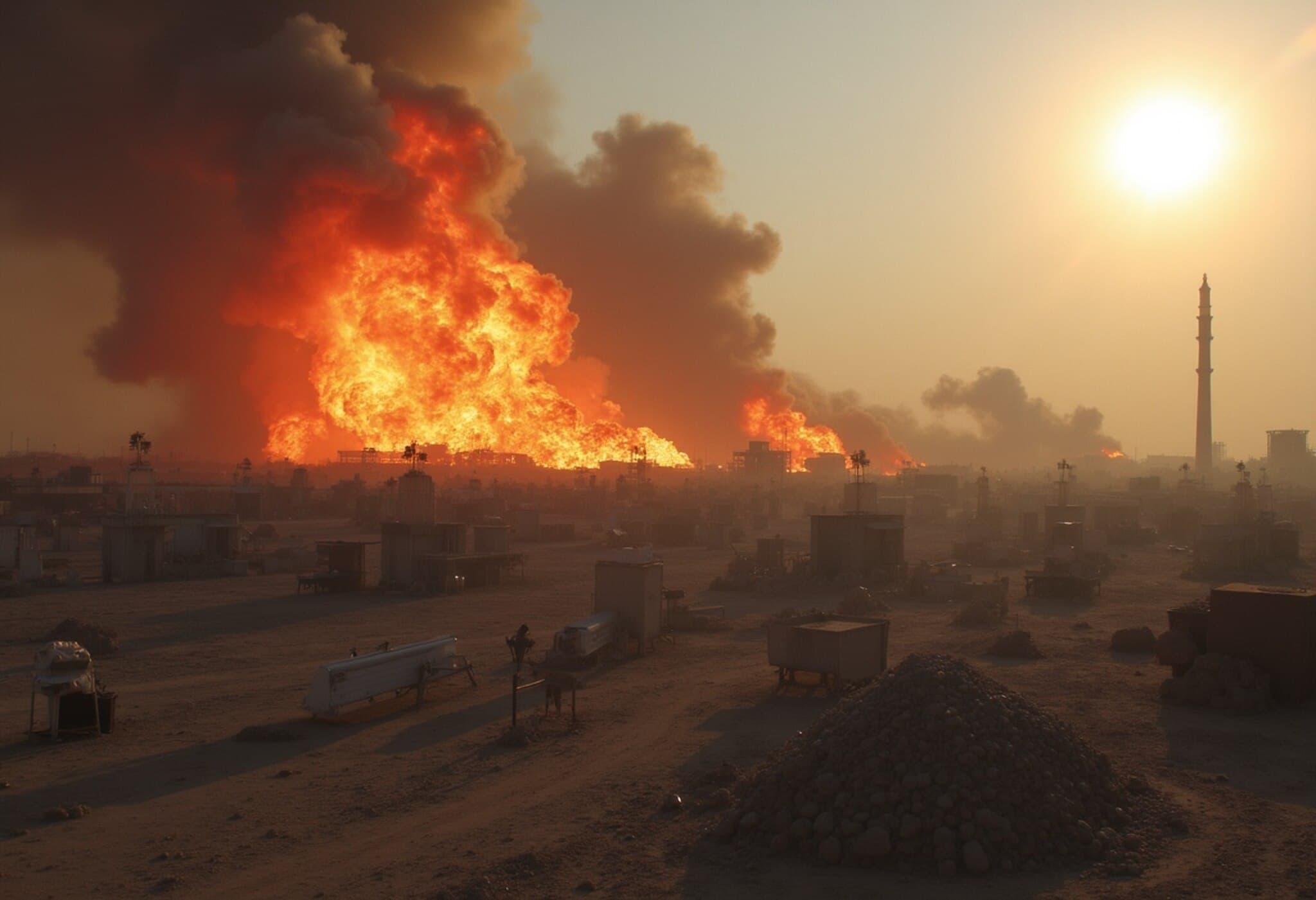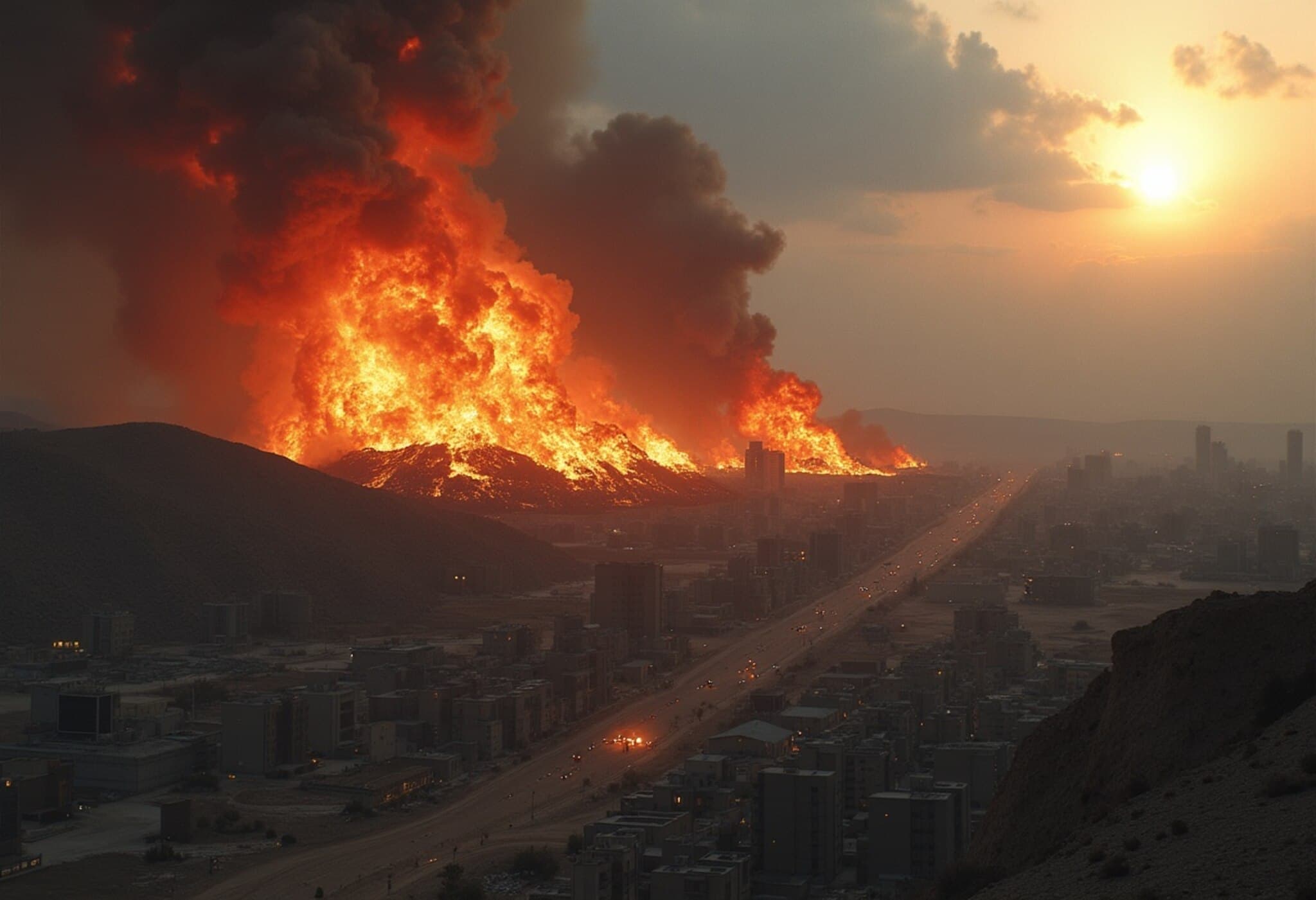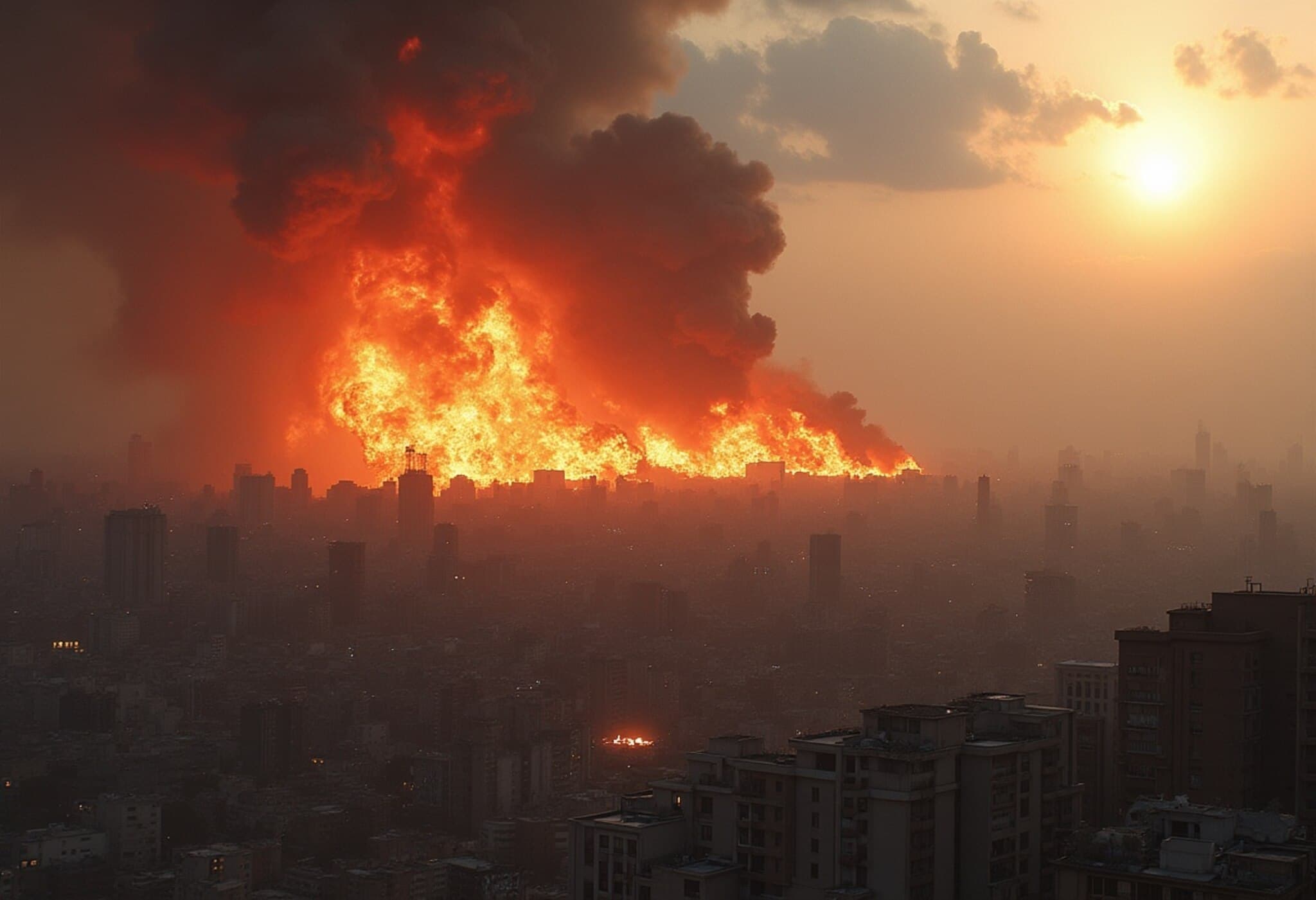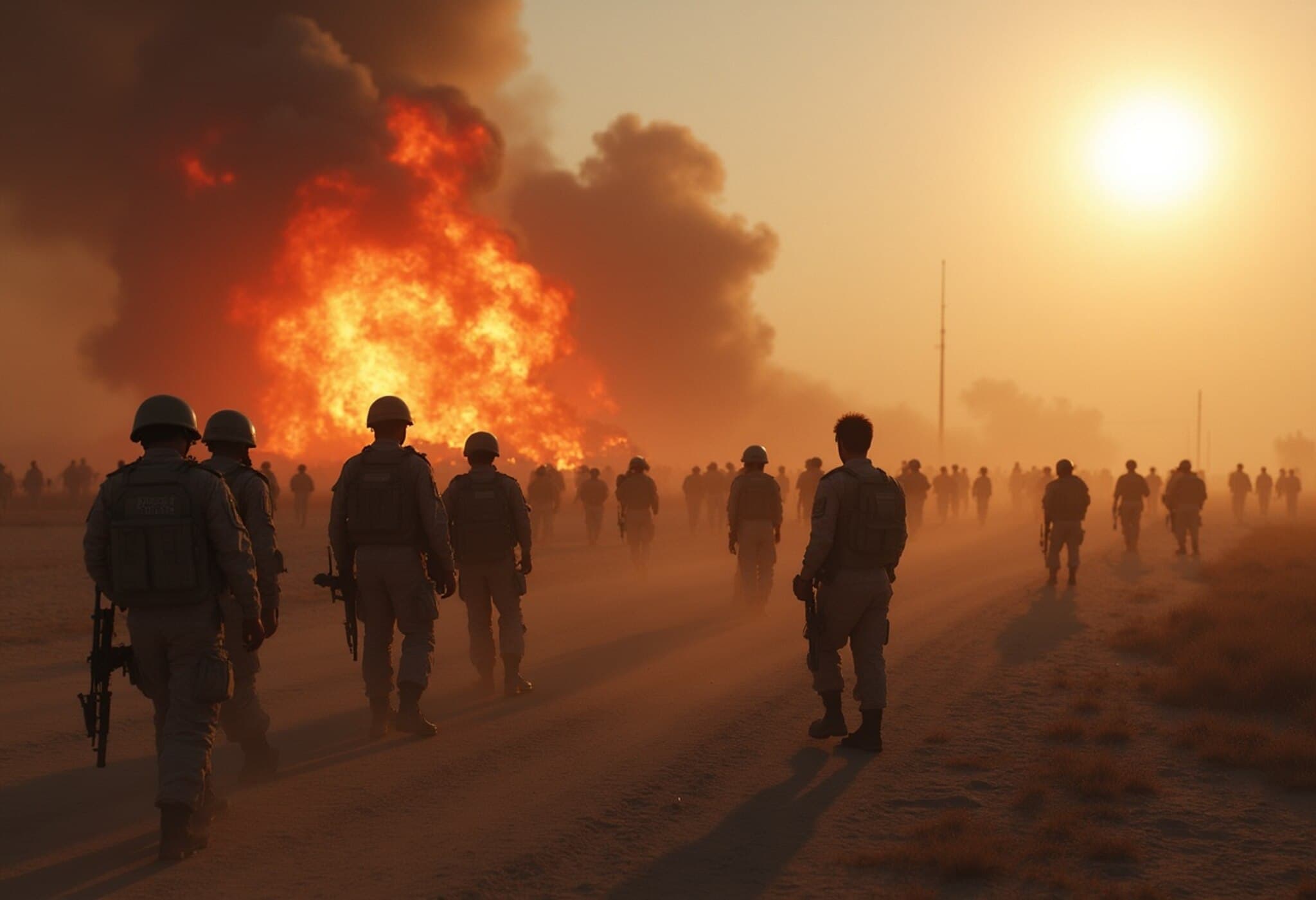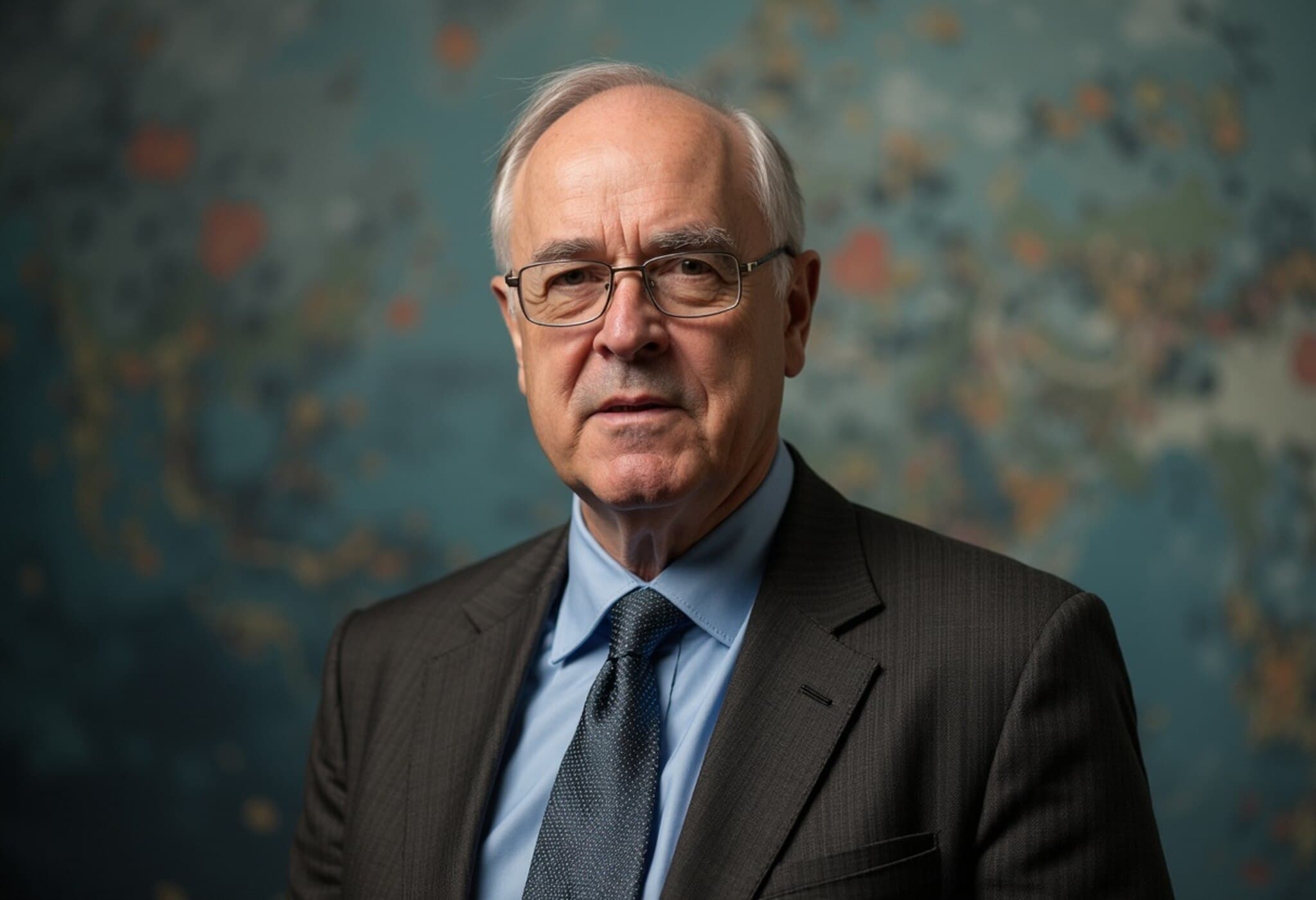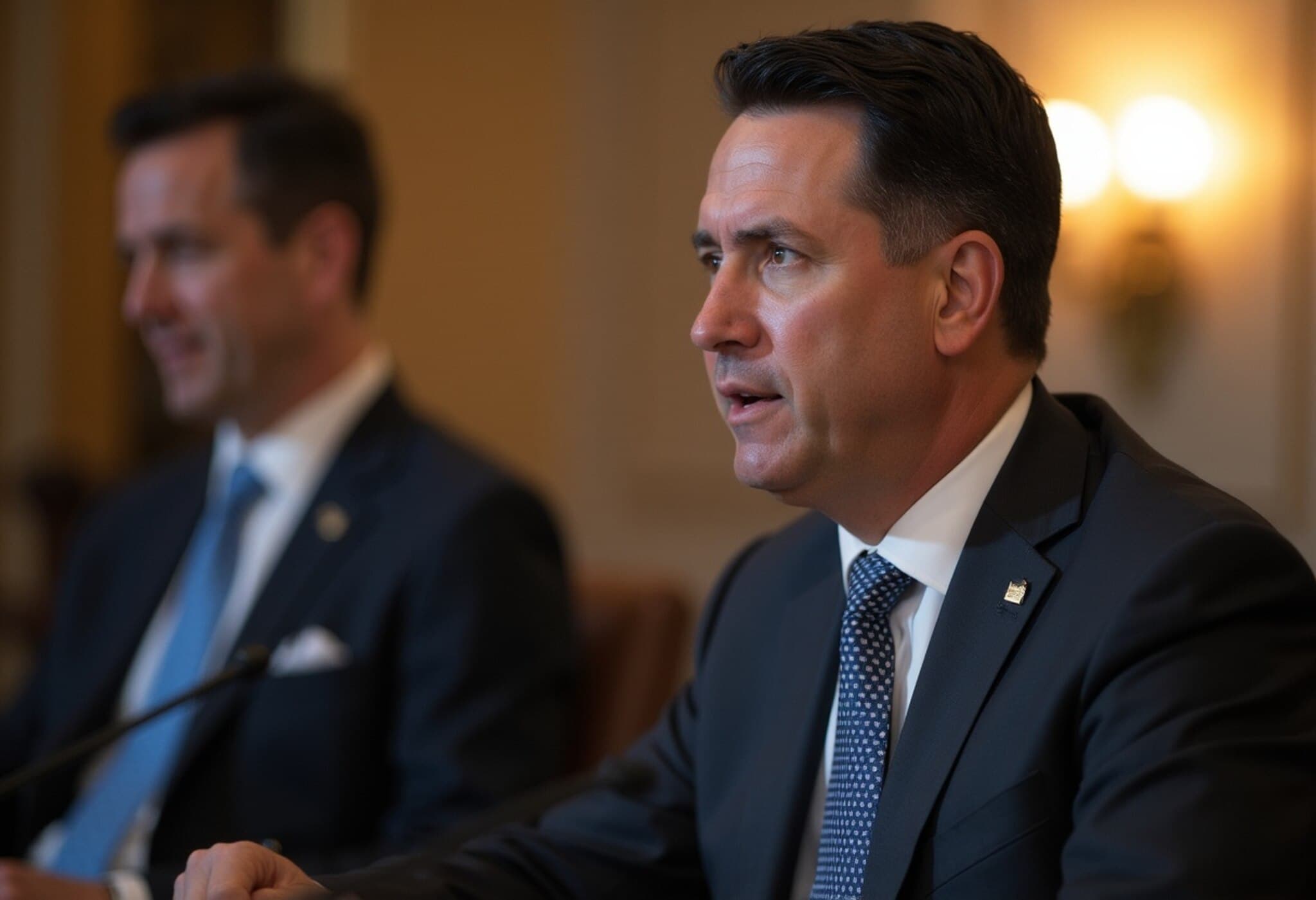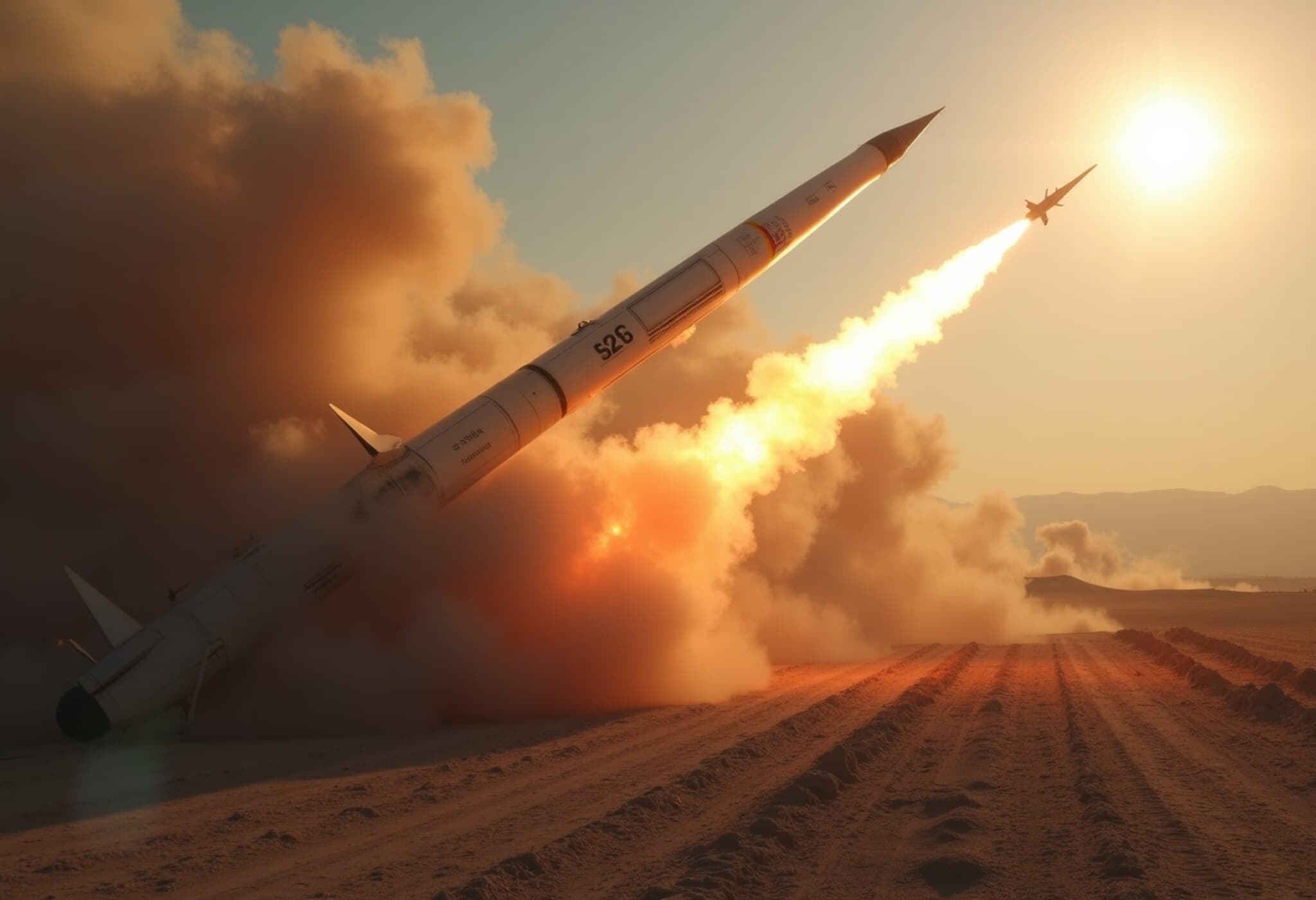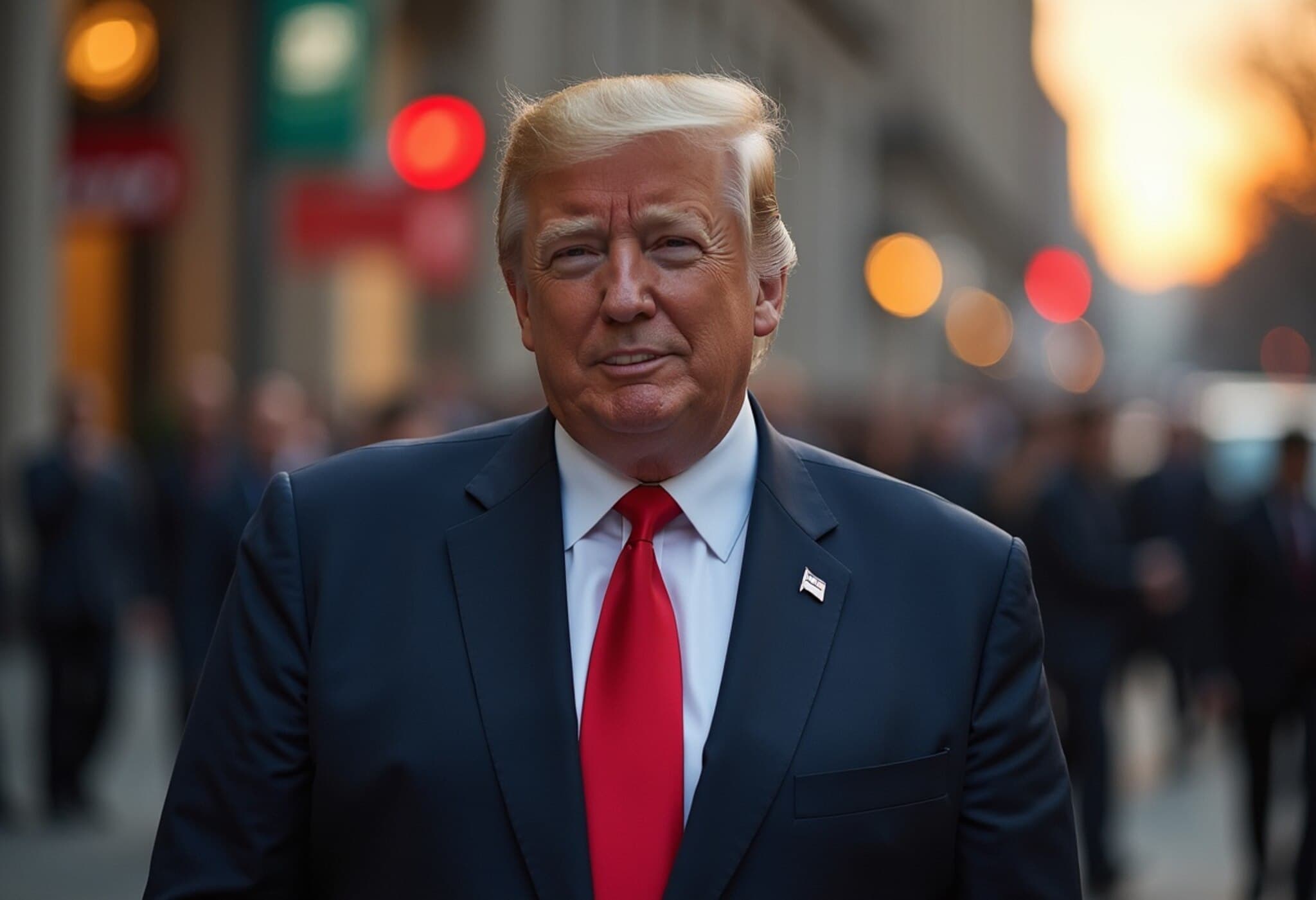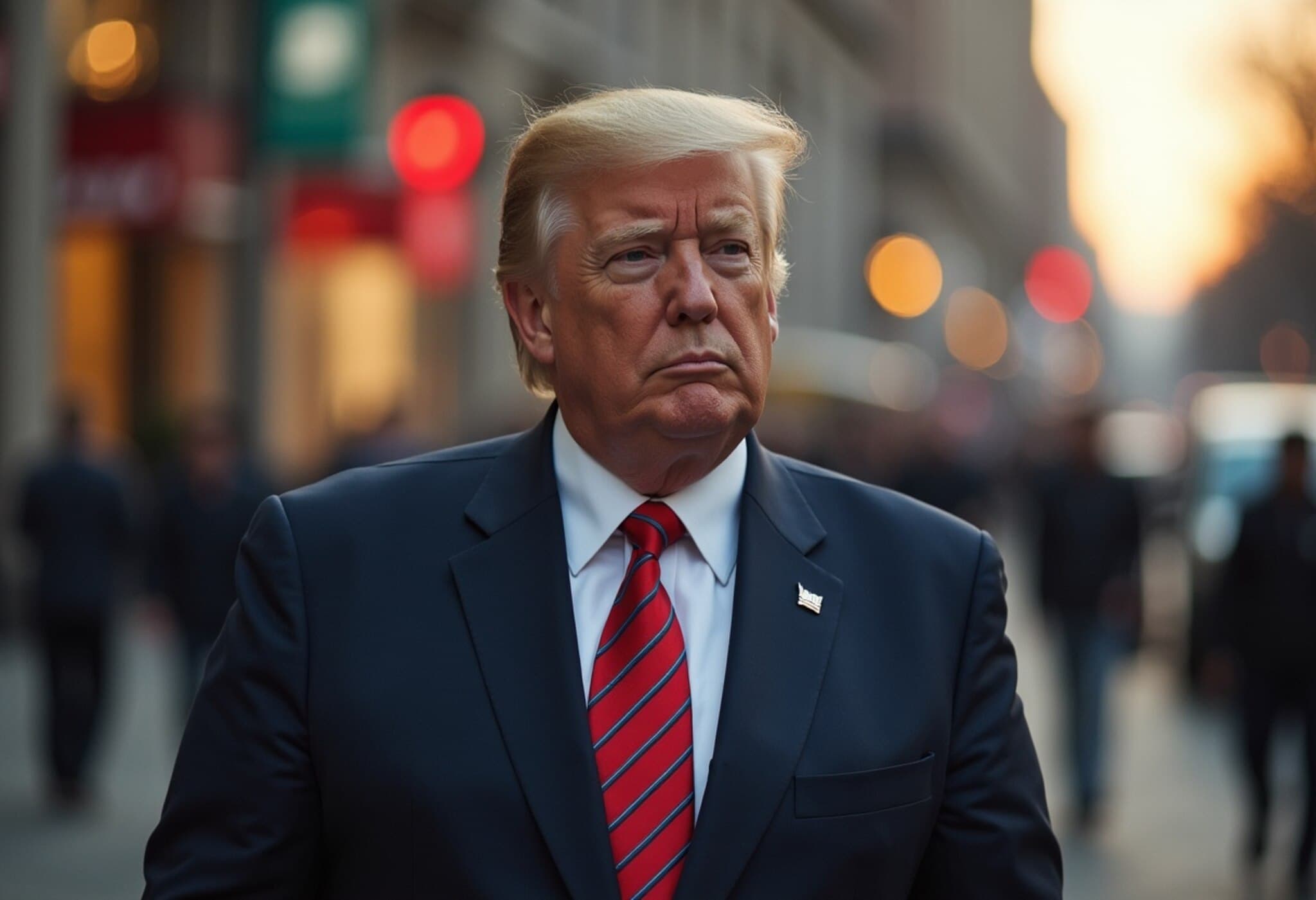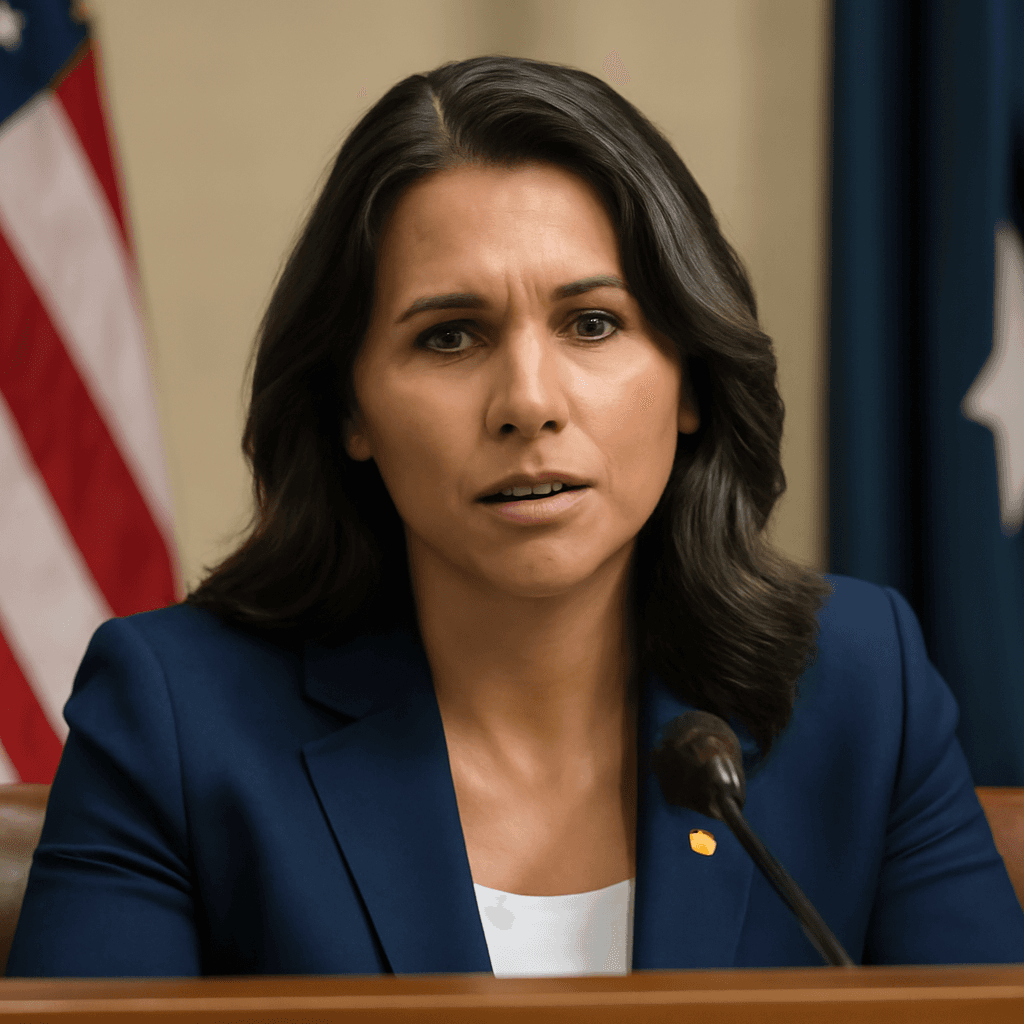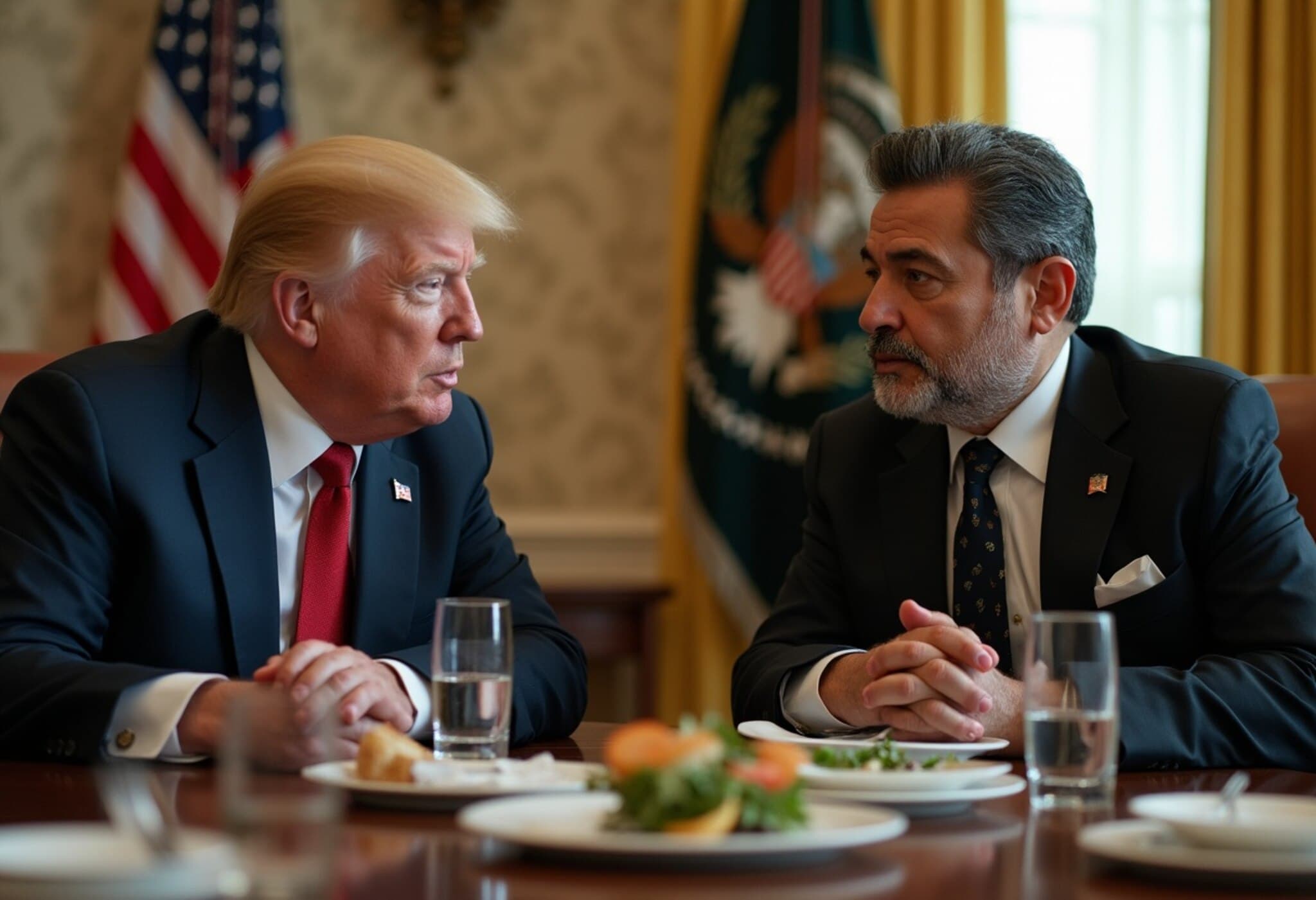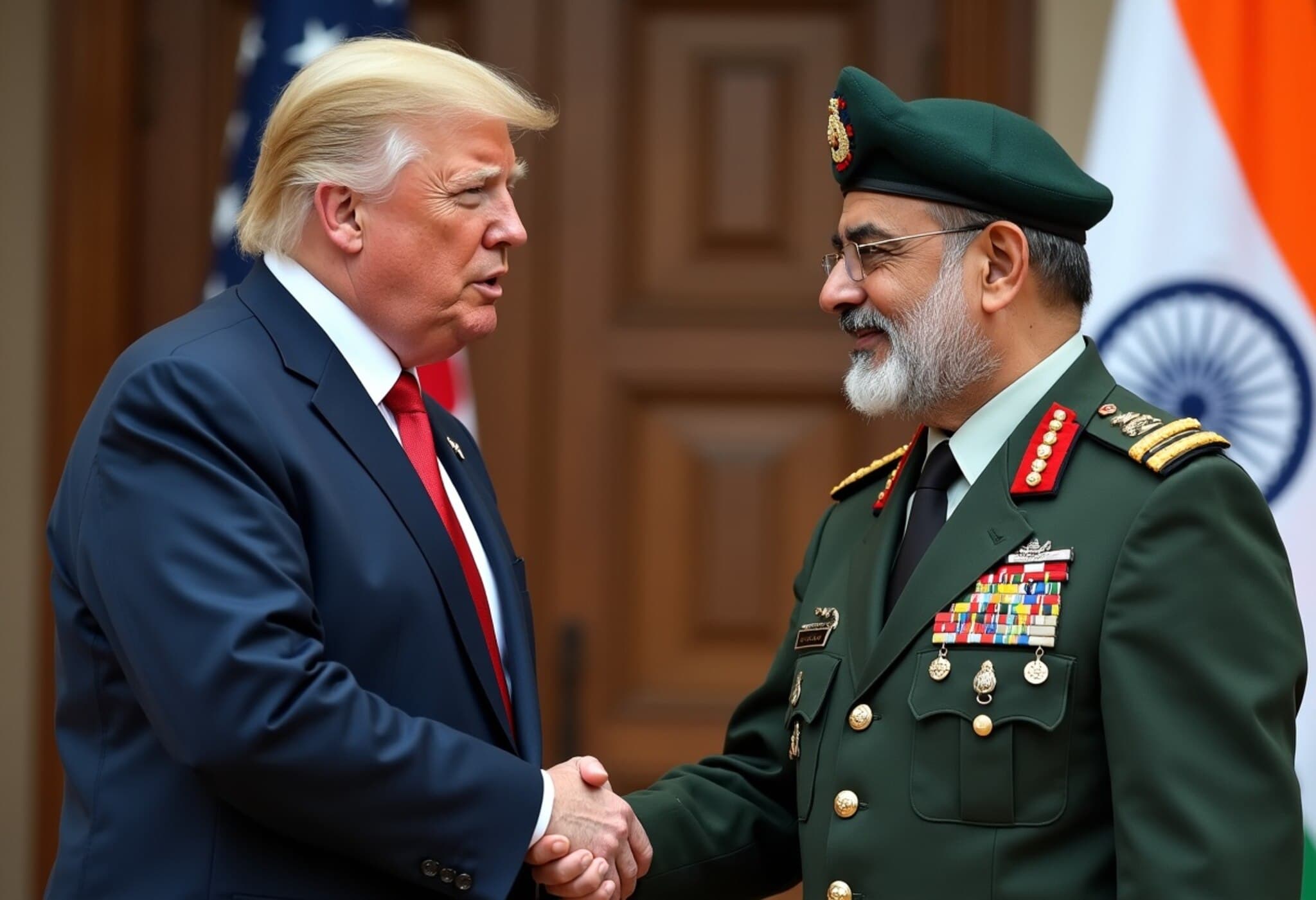Understanding the Global Nuclear Landscape
As geopolitical tensions continue to escalate, it pays to take a closer look at the nuclear capabilities of key players on the world stage: the United States, Israel, and Iran. Nine countries currently possess or are widely believed to possess nuclear weapons, shaping security dynamics worldwide.
The Leading Nuclear Powers
The nuclear era began with five original nuclear weapons states: the United States, Russia, China, France, and the United Kingdom. All five are signatories to the Nuclear Nonproliferation Treaty (NPT), which aims to prevent the spread of nuclear weapons worldwide and encourages disarmament among existing nuclear nations.
- Russia holds approximately 4,309 military nuclear warheads.
- The United States maintains around 3,700 warheads.
- China has an estimated 600 nuclear weapons.
- France possesses approximately 290 warheads.
- The United Kingdom holds about 225 warheads.
Non-NPT States and Their Nuclear Profiles
Outside the NPT framework, some nations have developed nuclear arsenals independently, including India, Pakistan, and Israel.
- India conducted its first nuclear test in 1974, followed by tests in 1998, and currently has about 180 warheads.
- Pakistan, India’s neighbor and rival, quickly followed suit with tests and holds roughly 170 warheads.
- Israel maintains a policy of ambiguity, never officially confirming its nuclear arsenal, but it is widely believed to have approximately 90 warheads.
North Korea and Iran: Emerging Nuclear Concerns
North Korea’s nuclear ambitions have drawn global attention. After joining the NPT in 1985, it withdrew in 2003 and has since conducted multiple nuclear tests, currently estimated to possess around 50 warheads.
Iran presents a more complex challenge. Although Tehran consistently asserts its nuclear program is peaceful, recent developments show uranium enrichment reaching up to 60% purity — edging closer to the 90% weapon-grade threshold. This has intensified concerns about potential nuclear weapons development, even as some intelligence assessments suggest Iran is not actively pursuing a bomb at this time.
What Lies Ahead?
The global nuclear balance remains delicate and fraught with uncertainties. While some countries adhere to international treaties and diplomacy, others operate in strategic ambiguity or openly pursue nuclear capabilities. Understanding the scale and scope of these arsenals sheds light on the challenges to maintaining international peace and security in an evolving nuclear landscape.

